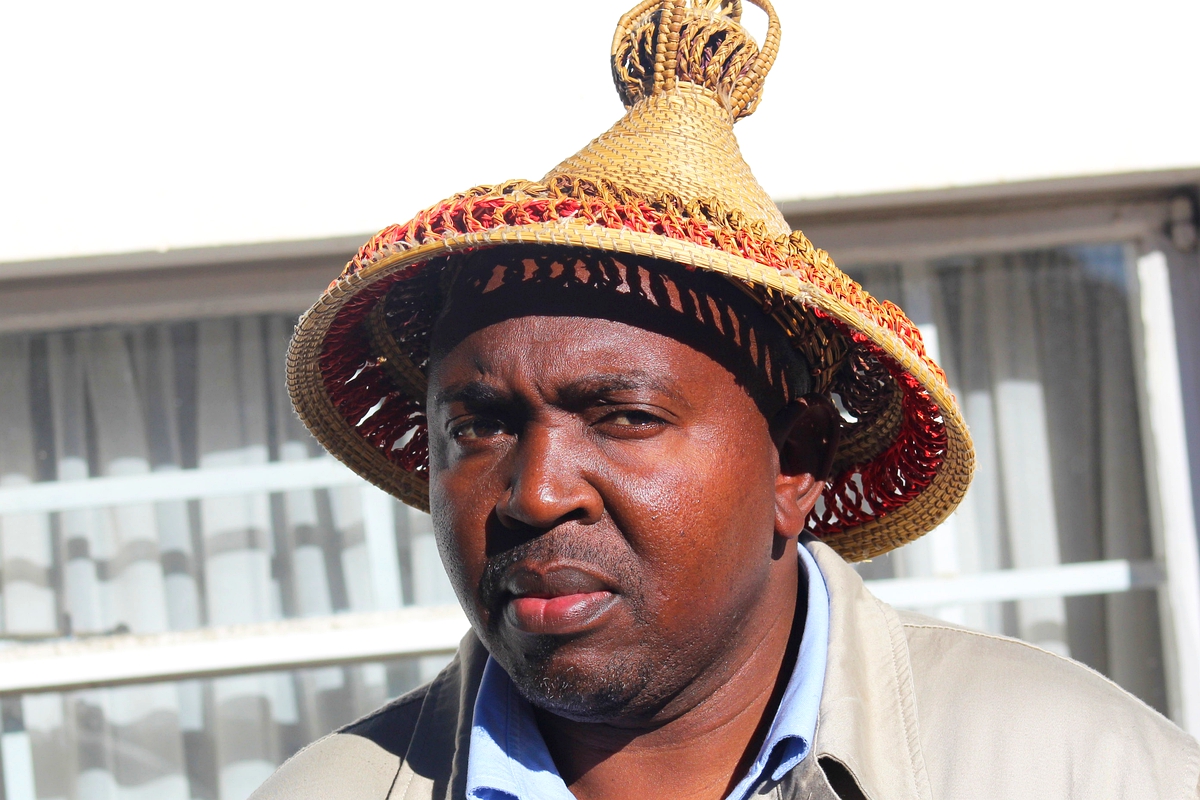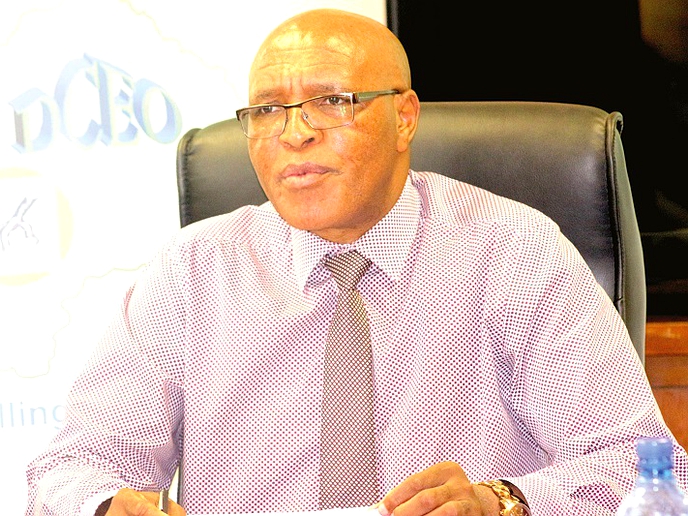Throughout the conflictual political history of Lesotho, civil society organisations have remained actively involved. Though some people find it convenient to label the civil society as weak, irrelevant, biased and generally unhelpful, the question this column asks is why the bad taste for civil society? Before addressing this question, understanding what civil society is can be helpful.
comments
May 9, 2018
SOFONEA SHALE
2 min read
Where does negativity about NGOs come from?

Sofonea Shale
Though ordinarily civil society refers to the totality of civil formations neither controlled by state apparatus nor owned individually or corporately, this has a different mean to different people. This conceptual diversity gives civil society a number of features such as a buffer between government and society, broker between government and society, symbol of actual political norm-setter, agent of change, regulator of the process of participation in societal norm-setting, integrator of groups articulating political interests into a viable process for doing so, representative of particular interests, and even a midwife of regime change to others. Admittedly, civil society plays a significant role in development yet it is the mandate of state. Is it relevant for civil society to do things such as installing water systems where there are none or should NGOs even bother about humanitarian work?
Enjoy our daily newsletter from today
Access exclusive newsletters, along with previews of new media releases.
When they do such activities, NGOs are said to be “God sent” and they are well spoken of by politicians. However, when they ask why people have no water, why people are being killed, why politicians in parliament and government officials get richer day-by-day when the general population is classified as poor at a time when the government fails to honour bills of independent business people who supplied it, politicians accuse NGOs of being sponsored by foreign countries; in particular, the West to destabilise their own countries.
Surprisingly, politicians do not tell whether governments too are required to destabilise the countries when they get aid from the Western countries. Are these accusations real or fabricated? During the 1980’s to 1990s – a period otherwise known as the lost decade of development – the World Bank published a report which characterised African states as a barrier to development and democracy.
On the basis of this report, some development partners chose to work with NGOs to achieve development and others supported NGOs which advocated for human rights protection and removal of barriers and impediments to good governance. Oppressive governments that felt the pinch of the positive works of advocacy organisations resorted to labelling NGOs as institutions that undermine them and seeking to unseat them as the ruling regime. This negativity against NGOs was then spread to other governments. Now, every other “bad” government have their own worrying story to tell about NGOs. On the other hand, countries with good governance consult with and utilise the strength of civil society organisations to enhance public participation and better comprehend the situation on the ground for relevant planning. So, back to the question, are the accusations against NGOs justified or not?
Tailored for you





